It is Not Only About Germany: Technocratic Agenda and the European Project
Mark Leonard, Director of the European Council on Foreign Relations, recently discussed an important trend that looms over the European project. Commenting on the recent scandalous statements by the Germany populist politician Thilo Sarrazin and the disavowal of his position by leading German politicians, Leonard voiced his concern that if ‘the establishment cartel turns [populists like Sarrazin] into outcasts rather than arguing with their views’, they will be able to tap into an ever-growing ‘reservoir of pent-up political frustration’. Leonard goes on by stressing that it is particularly worrying that ‘Germany’s leaders are now trying to treat foreign politicians who question German orthodoxy the same way they treat their own populists’. German responses to the question of a Greek referendum …
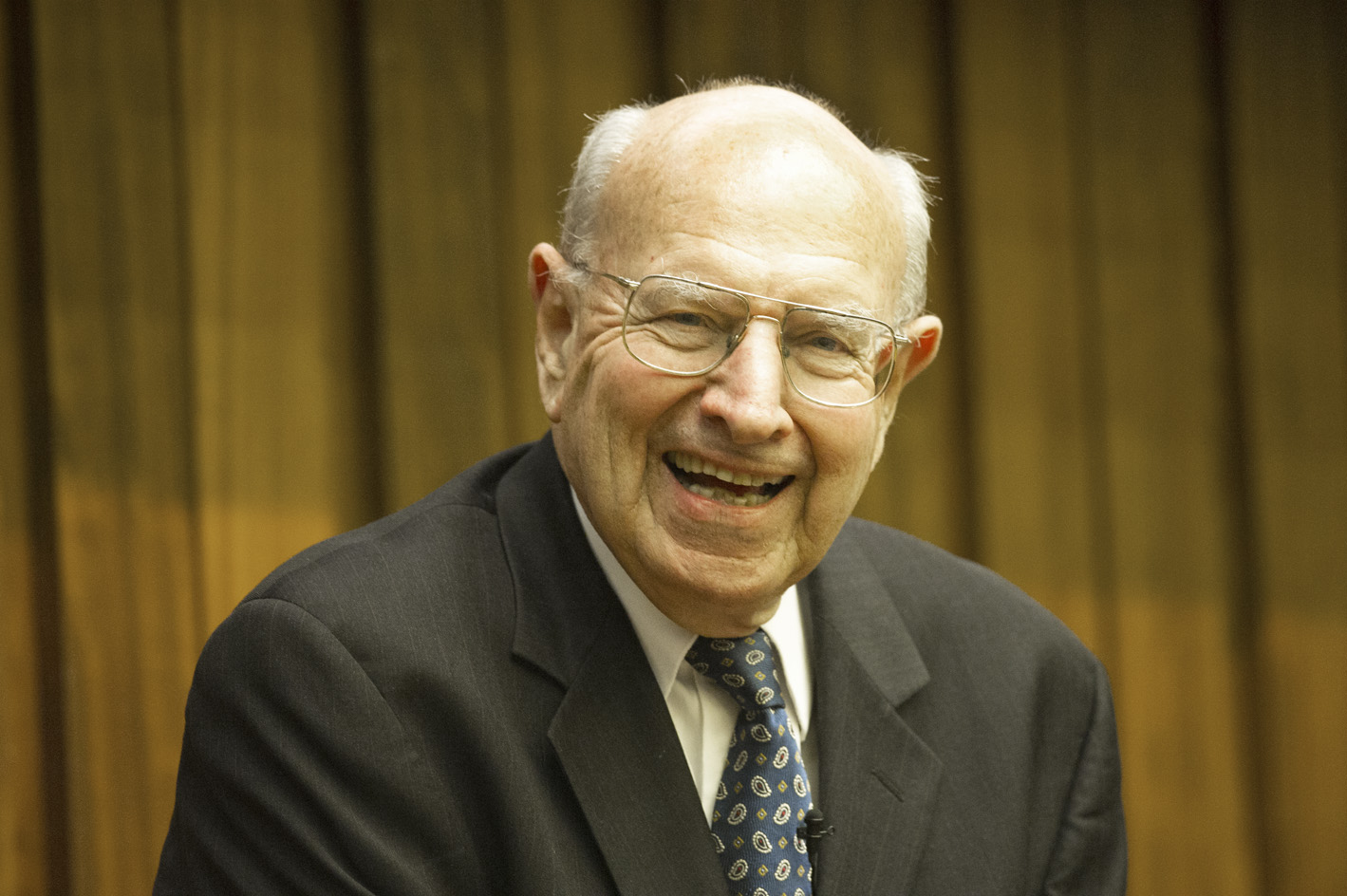
Ambassador Thomas Pickering on “the decade ahead: The US role in the world”
Last week the University of Oxford was fortunate enough to host Ambassador Thomas Pickering who gave the 2012 Fulbright Lecture on the topic of “The Decade Ahead: The US Role in the World”. It would have been difficult to find an individual more qualified for such a task, given the Ambassador’s highly successful four decade long career in the foreign service and considering that he is a man whose (deceptively, given his mental acuity) long life has been spent both in the study of international affairs and in the pursuit of the US’s interests and values within the world. His message comes at a poignant time, given the current academic fervour over the perceived decline of the US in the …
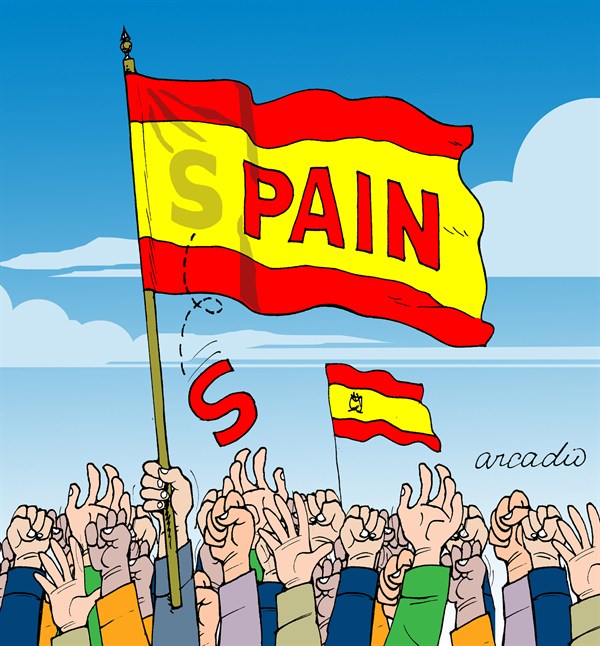
The European Dilemma: the Monetary Union and the Road Ahead
Countries in the periphery of the Eurozone face one of the toughest dilemmas in recent history. Each of them with their particularities, Greece, Portugal, Italy and Spain all share the challenge of dealing with the consequences of sustained large current account deficits, the accumulation of public and private debt and a protracted banking crisis. On top of these troubles, they lack an independent monetary policy, possess minimal fiscal maneuverability due to already unsustainable levels of public debt, and have to work under a marked sense of urgency due to painful and untenable unemployment rates. Their dilemma is over whether to implement further structural reform in the frame of the Eurozone, knowing that these measures could take longer to take effect …

Paralysis or Metamorphosis? A debate on the Eurozone Crisis and its implications for the EU
On Wednesday, 29 February, 2012, the Oxford European Studies Centre hosted two esteemed guests: Daniel Cohn-Bendit, co-president of the European Greens in the European Parliament and renowned activist of the French left; and Edouard Gaudot, researcher for the European Greens and member of the Spinelli Group. The event offered a lively discussion regarding the ramifications of the European crisis, particularly in light of recent events regarding the Greek debt. Mr. Cohn-Bendit began the debate by characterizing the current climate as “a turning point in European history, because the European Union is confronted with one of its most serious crises, caused by the financial crisis”. In reference to its efforts to grapple with economic catastrophe, he contended that the EU is …
The risks of the current approach to Greece and the Euro-crisis
Last week, I debated how much more the Greek nation can take given the enormous internal and external pressures on families, society and the nation. When discussing this with my friend and colleague Pavlos Efthymiou, we realised that some important points were missing and have rewritten the article together (also published on ELIAMEP). Mainstream International Relations (IR) thinking (see Realism, Liberalism) holds that the national interest drives states to act the way they do on the international stage. This post-hoc rationalising to explain policy outcomes works successfully enough to be employed by the majority of policy-makers, academics, and analysts to inform their audiences. However, what they are often missing is how such an interest comes about and what it is …
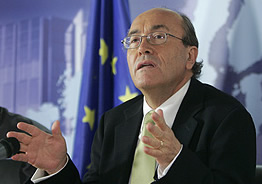
Towards a Two Speed Europe: Is the Inevitable Preferable?
Last week the Centre for International Studies held an excellent discussion panel (shortly to be made into a podcast) with Jean-Claude Piris (author and former Director General of the Legal Service of the Council Secretariat), discussing his new book, Towards a Two Speed Europe. Jean-Claude Piris, who has worked for many years in the highest echelons of European law-making and treaty formulation, is far more qualified than your blogger to evaluate the various implications of a formalisation of the currently observable divergence in paths of the European centre and its periphery. I shall not, therefore, attempt to evaluate his arguments from the point either of a lawyer or a European policymaker. I’m neither. Rather, I write merely as a citizen of …
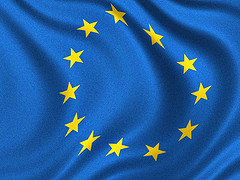
Voters’ Block: Will EU governments hold referendums on a new treaty?
As the European Union lurches from crisis to crisis, the chances of getting a new EU treaty are on the rise. Such a new treaty might be the ‘Treaty on Stability, Coordination and Governance in the Economic and Monetary Union’, which is due to be signed in March by all EU members apart from the Czech Republic and the UK. Or, if the worst fears of the Eurozone countries are realised and Greece defaults, a new treaty will be necessary to clean up the ensuing mess. Although most attention tends to focus on the ins-and-outs of treaty negotiations, once a treaty has been signed it still has to be ratified by each country. And the ratification process has rarely gone …
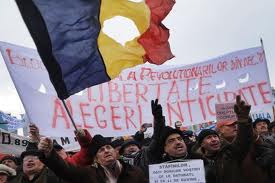
Honour and Solidarity: The 2012 Romanian Protests
On January 12, over 1,000 Romanian citizens came out on the streets of Bucharest to protest against the resignation of Raed Arafat, the Minister of Health. Mr. Arafat’s resignation was triggered by his discontent over proposed reforms to the emergency medical system under a new health law and also as a result of criticisms from Romanian President Traian Basescu, aired on national television. A Romanian citizen of Palestinian origins, Mr. Arafat is regarded by many as a national hero. In 1991, he created SMURD, a mobile emergency service which has thus far saved thousands of lives and is the most modern and advanced medical facility that the country possesses currently. Due to a lack of government investment and staff departures, the medical …









